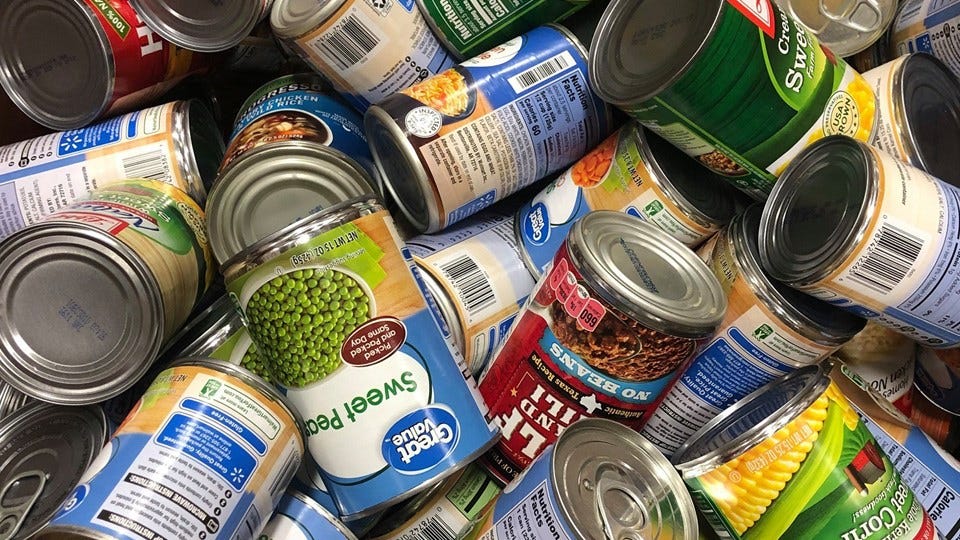Anthem Donates $650K to Fight Food Insecurity
 (photo courtesy of Community Harvest Food Bank)
(photo courtesy of Community Harvest Food Bank)
Subscriber Benefit
As a subscriber you can listen to articles at work, in the car, or while you work out. Subscribe NowAnthem Blue Cross and Blue Shield in Indiana is committing more than $650,000 over the next three years to four Feeding America food banks throughout the state. Anthem says the funding will help the food banks expand delivery of healthy food and host additional mobile food distribution events.
The recipients include Community Harvest Food Bank in Fort Wayne, Food Bank of Northwest Indiana, Terre Haute Catholic Charities Foodbank, and Hoosier Hills Food Bank in Bloomington.
“We have been connected to Indiana communities for more than 75 years, dedicated to improving the health and wellbeing of Hoosiers,” said Neil Steffens, president of Anthem’s Medicare Central Region. “We know that, working with Community Harvest Food Bank and Food Bank of Northwest Indiana, we will have a greater impact on the challenge of food insecurity than we would working as individual organizations.”
According to data available at “Close to Home,” a health information tool from Anthem Inc., nearly one in six Hoosiers lack reliable access to healthy food.
An Anthem-funded truck will be used for Community Harvest Food Bank’s Farm Wagon program, which visits 44 locations per month throughout the region.
“Even in the midst of increasing food insecurity due to the pandemic, Community Harvest Food Bank has remained focused on our mission – alleviating hunger through the full use of donated food and other resources,” said John Wolf, chief executive officer of Community Harvest Food Bank. “Through their sponsorship, we’ll be able to bring more than 300,000 pounds of food every month to Indiana families in our area.”
With the funding, Anthem says Food Bank of Northwest Indiana will be able to secure more than 648,000 pounds of food, serve more than 540,000 meals, and better assist the community through initiatives or programs such as its Mobile Market food distributions.
Anthem says Terre Haute Catholic Charities will use the funding to acquire enough food for as many as 430,000 meals that will help nearly 4,000 households in need over the next three years.
